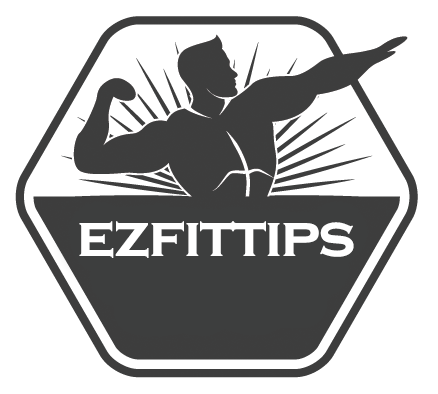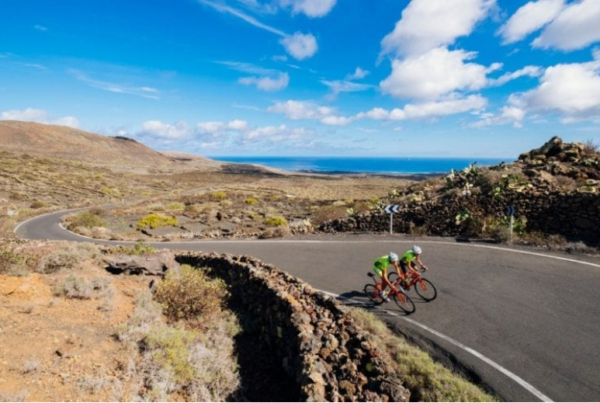Many cyclists refer to getting down to race weight during the season — and for adult cyclists, the goal of losing 5 pounds is almost universal. While the pros get paid to push the limits of human performance, including pushing body fat composition to extremely low levels, does this same fine-tuning of weight make sense for busy adult cyclists?
Weight cycling is generally frowned upon in the nutrition world. Known more casually as yo-yo dieting, this can wreak havoc on your metabolism, mental health, cognition and even your muscles.
“Of course, it’s common for people to put on a few pounds when their workload reduces during the off-season, but if you maintain a healthy diet and keep your calorie intake better in line with your calorie expenditure, the weight gain should not be too drastic,” says registered dietitian Matthew Kadey.
Studies on long-term weight gain in adults are not promising. It seems a pound a year is common and that variability in weight may mean future weight gain is more likely. For athletes and active people, this may not be as significant, but given that we are not likely pushing the limits to very low body fat percentages like the athletes in the Tour de France, we should not need to cycle our weight back up to a healthy level in the off-season. Instead, we should focus on maintaining a healthy weight year-round.
According to Kadey, “most weekend warriors will end the ‘peak’ season closer to what their actual healthy weight is. So often it does not make sense to put weight back on. With that said, if an athlete finishes race season underweight there can be an advantage to putting on a bit of weight, but this can be in the form of lean body mass and not necessarily just body fat. All of this can be aided by sound nutrition practices.”
While many cyclists, including masters-aged cyclists, take their training and racing seriously we must remember we are people first and, in most cases, we are not getting paid to compete. Sacrificing health for performance is not logical, and it is much more effective to direct our goal setting and training efforts toward cycling performance (e.g., increase FTP) and maintaining a healthy diet year round that adapts to variations in training load.
If you are not pushing your body to an extremely low weight then there is no need to let it recover back to healthy; you are there already. Your goal in the off-season should be to stay healthy, strong and active. Take a break from hard training, but aim to stay active with some cross-training and strength work while also focusing more on nutrient-dense foods (e.g., vegetables and rich-protein sources) to help reduce your total calories during periods of lower activity. A bit of effort in your off-season can save a lot of effort to get back to a healthy race weight come spring.









